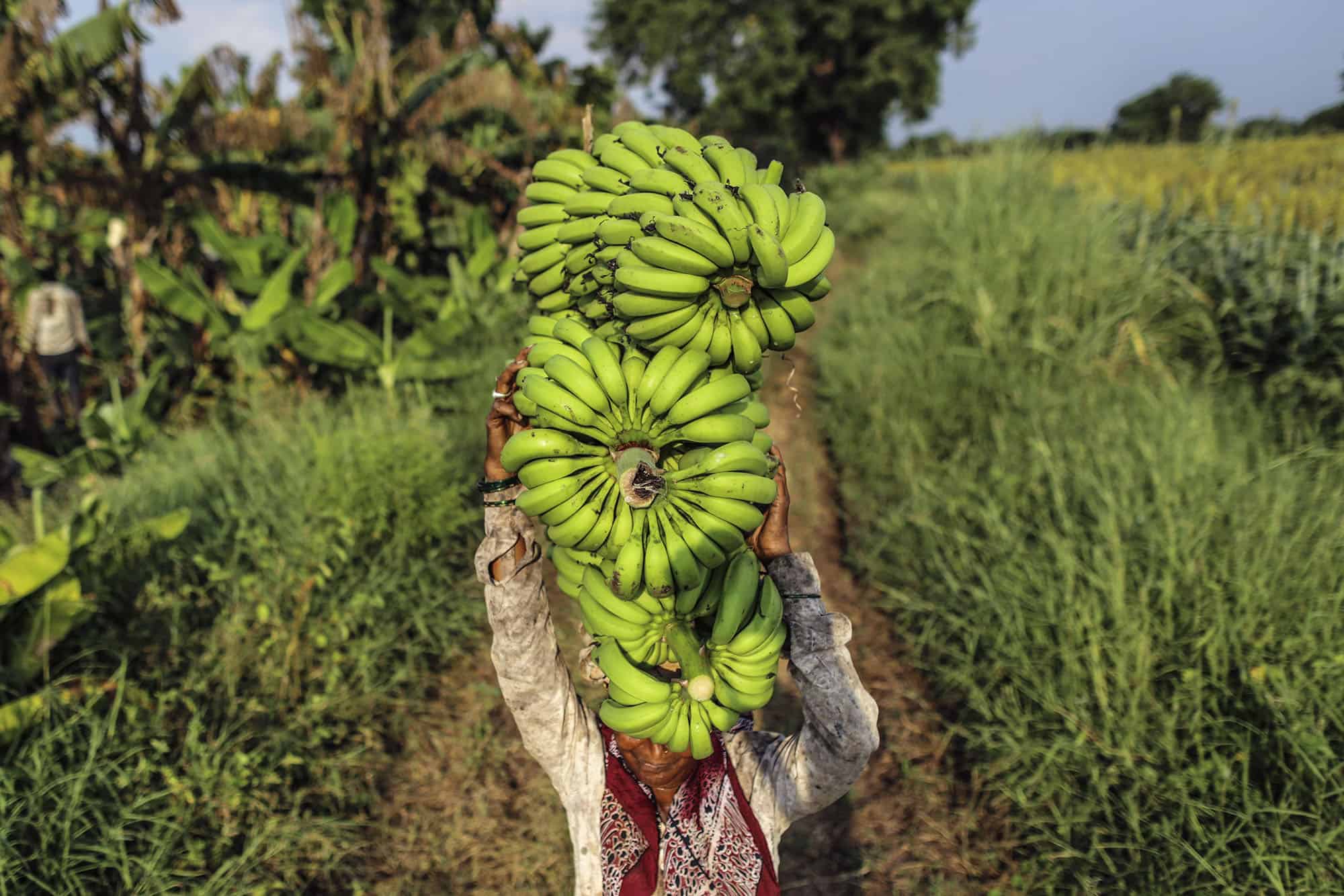Often, we receive letters about issues we cover in the Tico Times. While most could be called “manifestos”, wild conspiracy theories or personal attacks on local business owners or government officials, from time to time we get we well prepared responses from experts in their particular field.
The following piece is from a person with experience in his particular field and out of fairness to all of our readers we are posting it.
I was surprised to read so much disinformation in the recent article published in the Tico Times; Costa Rica’s banana industry is the hidden cost of pesticide use. Sept. 17, 2024. More than that, I was disappointed in the wide chasm between the reality of banana and pineapple production in Costa Rica and how it was so biasedly portrayed in what was essentially a reprint of the Guardian article. The article starts out with the phrase “As revealed”, as if it were fact.
I can tell you with utter certainty that very little to none of what is stated in the article is even close to the truth. As a long-time though part-time resident of Costa Rica, an expat, and a former employee of a large multinational fruit company responsible for disease management programs in banana, I found the article shameful and slanderous to Costa Rica, the government ministry which regulates pesticides, the rule of law in Costa Rica including environmental law, the decades of progress and work achieved by the multinational companies and independent producers alike, the national universities and institutions, the science and research involved, the wide body of scientific literature on these specific subjects, the professional skills including agronomy of an educated work force in Costa Rica, the human resources so intimately involved in the whole operation, the international organizations and certifying bodies such as:
- Rainforest Alliance
- Global G.A.P.
- Fair Trade
- and many others
The pineapple and banana growers have had no shortage of examination and regulation. Their compliance record is documented in black and white.
All this information is totally disregarded and presented to your reader as an ongoing environmental catastrophe on the scale of Three Mile Island. Clorpyrifos was used at one time at very low concentrations in the polyethylene bags covering (and protecting) hanging banana bunches bags and has not been used for many years.
It was never sprayed by airplanes. Chlorothalonil is no longer registered for use in Costa Rica and cannot be imported. Aerial spraying in banana is tightly regulated, expertly and responsibly performed, meticulously documented, and very precise, with known spray drift distances and defined buffer zones. The stated mistruths continue to the end of the article.
The Tico Times is better than this, I have been a regular reader since my first month in the country back in the 1990’s. Today your articles are prominent on the web. Many individuals in Costa Rica are very informed and qualified to discuss this topic in great detail, and it is my sincere hope that the Tico Times and the Press generally remain informative and fair in the debate of any issue.
All human activity has a cost, including industries like tourism, fishing, manufacturing, food production, and other necessities of life such as garbage and wastewater management in cities.
It is the right of every journalist and every citizen to question, investigate, and participate in the discussion and regulation around agriculture operations in Costa Rica and globally. But can we start from the truth, and really do some investigative journalism instead of relying on a foreign paper repeating the gross mistruths that have been proclaimed for decades?
John Washington, Ph.D.
Tampa, FL USA






